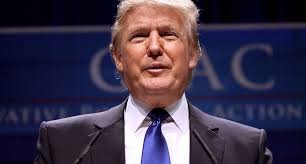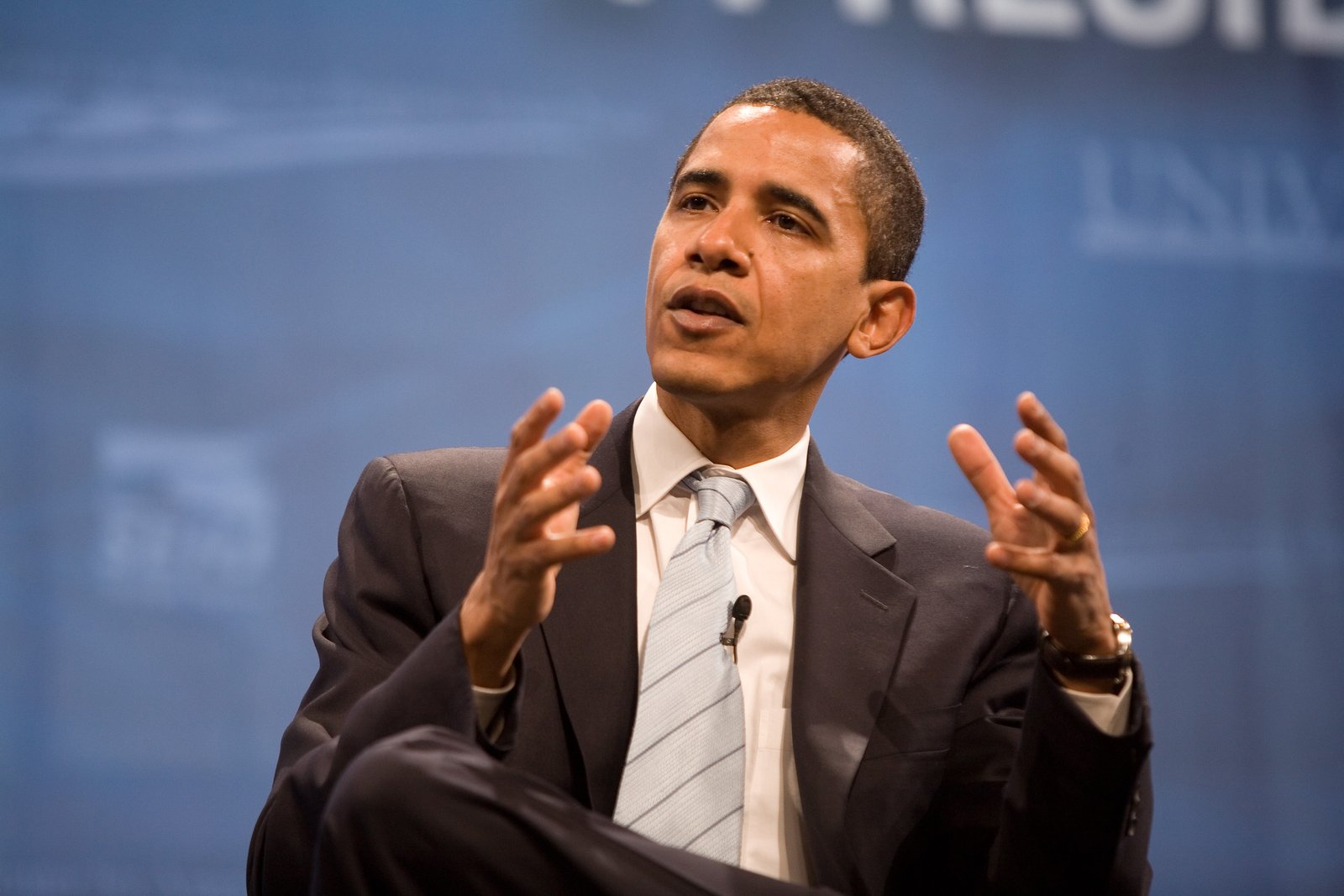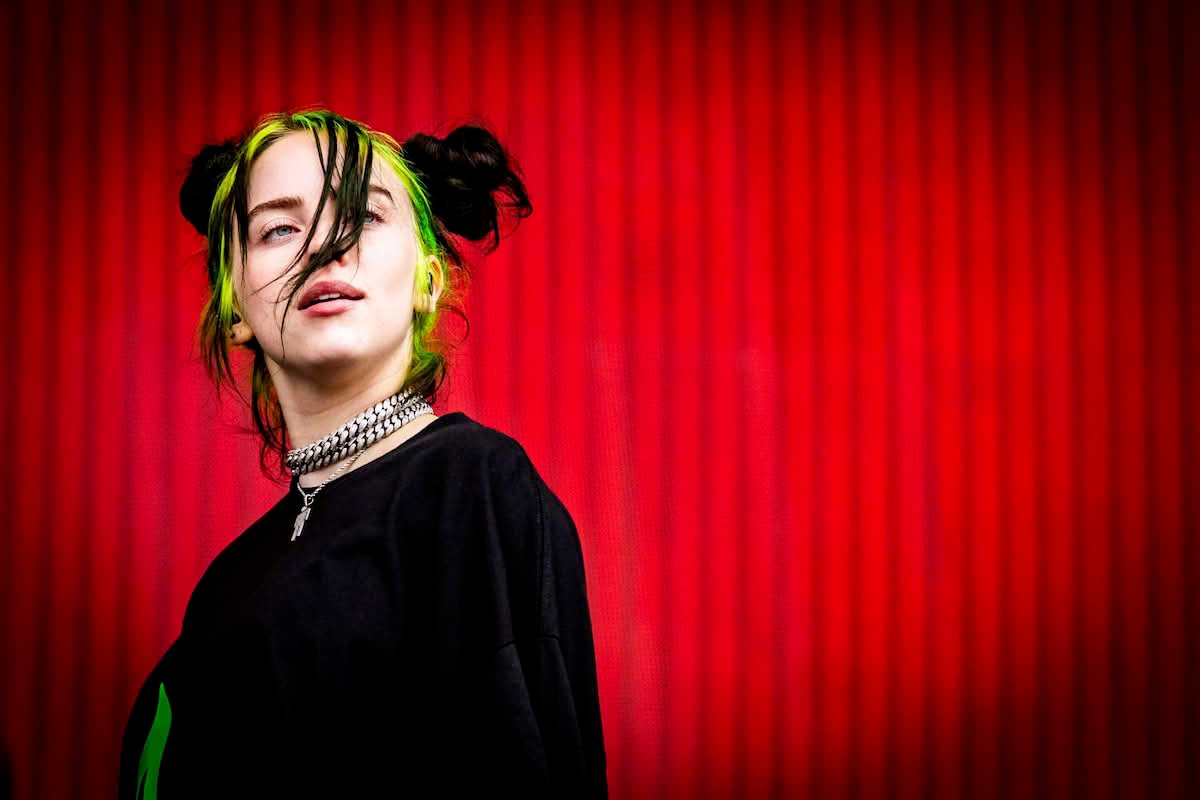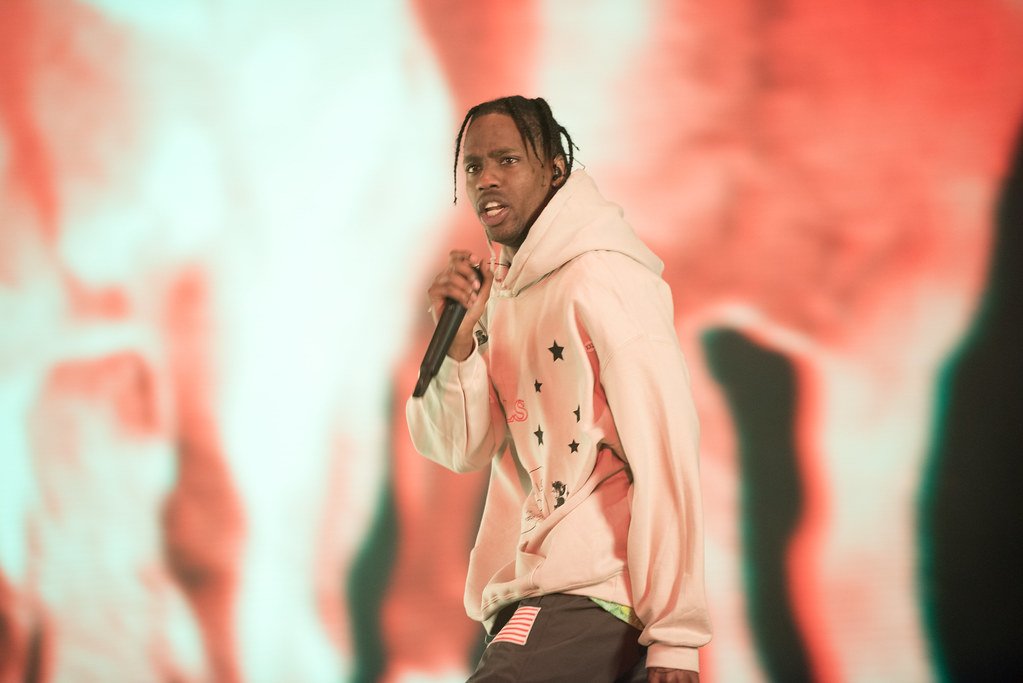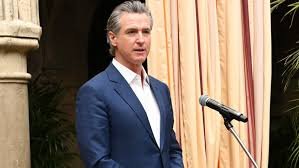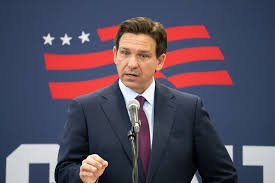Bernie Sanders Didn’t Just Run for President—He Rewired How Millennials Think About Politics
Entertainment / Date: 06-24-2025
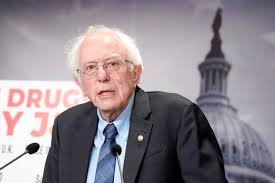
What if I told you the most influential political figure for American millennials wasn’t Obama, AOC, or even Trump—but a grumpy, wild-haired senator from Vermont who didn’t change his views for 50 years?
Sounds weird, right? But here's the kicker: Bernie Sanders didn’t just show up during elections. He permanently shifted how millions of young Americans think about power, money, and fairness—and not by accident.
In this article, we’re going to dig deep into how Bernie Sanders actually changed the political language for millennials. Not just by shouting about billionaires, but by forcing uncomfortable conversations on issues most politicians tiptoe around. You'll learn how he built a political movement from scratch, why his ideas stuck even when he lost, and why your TikTok feed is full of politics today—yes, that’s part of it too.
Let’s unpack how this 80-something-year-old became a generational disruptor without changing who he was.
The Myth of the "Lazy Millennial" Was Already Falling Apart

Let’s be real—before Bernie Sanders hit the national stage in 2016, millennials weren’t seen as politically serious. They were “too lazy to vote,” “hooked on avocado toast,” and “addicted to their phones.”
But that narrative? Totally backward.
Behind the memes and student debt jokes, there was something boiling. Wages were flatlining. Rent was skyrocketing. Climate change was no longer some distant problem—it was burning their backyard.
What Bernie did was name the pain.
While other politicians were sugarcoating everything, Bernie looked millennials in the eye (well, kinda yelled at them through a mic) and said: “You’re being screwed. And here’s who’s doing it.”
He Made Socialism Cool (Yes, Really)
The “S” Word Was Poison—Until It Wasn’t
In the ‘90s, calling yourself a socialist in America was like confessing you boiled puppies. But Bernie? He leaned into it.
Not the Soviet kind. Not the scary, authoritarian stuff. Bernie pushed Democratic socialism—a kind where healthcare is a right, not a luxury, and billionaires aren’t allowed to hoard half the planet’s money while others skip insulin.
The Rallies Were the Tip—The Movement Was the Iceberg
More Than Just a Campaign
This part right here is crucial: Bernie didn’t build a fan club. He sparked a movement.
The people who flocked to his rallies? Many of them didn’t care about politics before. And they didn’t stop once Bernie dropped out.
His 2016 and 2020 campaigns built infrastructure—progressive PACs, community groups, leftist media outlets, grassroots organizations. These didn’t vanish. They grew louder.
Take the Sunrise Movement. Take Justice Democrats. Take the rise of AOC, Rashida Tlaib, Ilhan Omar—all candidates backed by this new progressive wave that Bernie indirectly fathered.
Bernie lost two primaries, but his ideology won the conversation.
Healthcare Became the New Litmus Test
From Fringe to Front Page
In 2015, “Medicare for All” was considered far-left fringe talk. By 2020? Every Democrat on the debate stage had to have a position on it.
Some were dodgy. Some were vague. But none could ignore it. Bernie didn’t just toss out the idea—he made it central.
Here’s the twist: Even voters who didn’t fully support Bernie still started expecting more from the system. The Overton window—the range of “acceptable” political discussion—moved left. Way left.
And it didn’t move on its own.
He Gave Millennials Permission to Be Angry
Because It’s Not Just “Whining”—It’s Called Organizing
Before Bernie, politics for young people meant being polite, tweeting #VoteBlueNoMatterWho, and crossing fingers someone “better” would eventually show up.
Bernie flipped that script.
He told people: “It’s okay to be mad. In fact, it’s necessary.”
He told broke students drowning in $100k debt: You’re not a failure. The system is rigged.
He told people with no healthcare: It’s not your fault. You’ve been left behind.
And he didn’t talk down to them. He spoke with them. (Well, sometimes at them. But still.)
He Spoke Millennial—Without Ever Trying To Be “Trendy”
No Pandering, No TikTok Dances
Let’s be honest, Bernie is not “cool.” He doesn’t dab. He doesn’t stream on Twitch. He’s allergic to smooth-talking politics.
But weirdly? That’s exactly why millennials loved him.
He was authentic. Like, painfully authentic. You knew where he stood. You could find footage of him saying the same thing in 1987—and he still meant it in 2020.
He Dispelled the Myth That Big Money Always Wins
Small Donors, Big Moves
Bernie raised millions—without ever holding a single high-dollar fundraiser.
That changed the game.
For the first time, young voters saw a candidate survive (and thrive) on $27 donations. No corporate strings. No wine cave meetups.
And that message spread: You don’t need billionaires to make big change. You need people power.
The ripple effect? Dozens of progressive candidates now run grassroots campaigns, skipping big donors entirely.
Millennials Still Talk About “The Bernie We Deserved”
He Didn’t Win, But He Won Them Over
Here’s the truth: Bernie didn’t become president. Twice.
But ask around—many millennials still believe he should have. Not because he was perfect, but because he told the truth when no one else would.
That belief lingers. It shapes how they vote. Who they support. What they demand from future leaders.
The political culture for millennials is different now—because Bernie Sanders forced the door open.
Even when it slammed back in his face.
Follow Us
Newsletter
Subscribe to our newsletter to stay updated with our latest news and offers.
We respect your privacy.Trending
